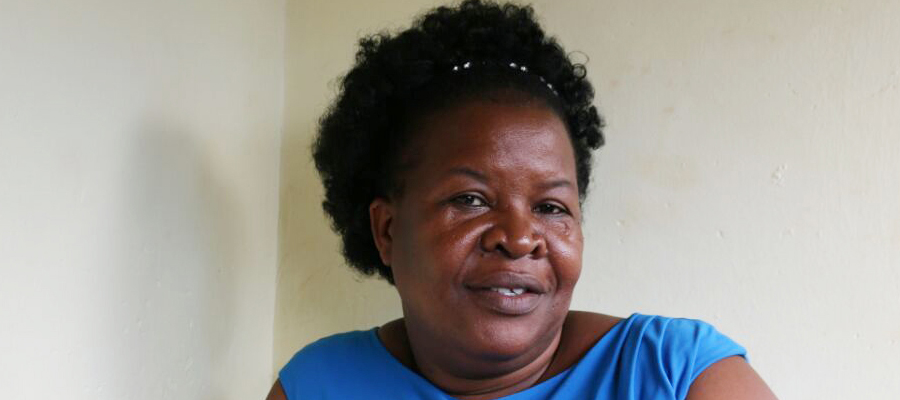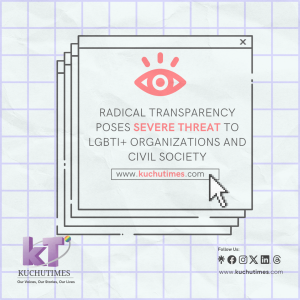Majorine Nakimuli is a social worker based at Most at Risk Populations Initiative (MARPI) Mulago where she serves as the outreach programs and trainings officer. MARPI a health facility located in the national referral hospital-Mulago provides free and friendly health services to the key populations i.e. LGBTI, sex workers, Injection Drug Users (IDUs) and the uniformed personnel.
Asked about the health services seeking trends and averages for these different Key population clusters at MARPI, Majorine explains that the highest percentage of clients are sex workers, men who have sex with men (MSM), IDUs, transgender persons and lesbians in that order.
She however says that MARPI has a programme where they do home and deployment visits for uniformed officers who include police officers, soldiers and private security guards. The variance in trends and reasons for the difference in turnouts to access these free services can all be brought down to stigmatization of KPs.
At the beginning of their operations, MARPI aggressively invested in sensitization to avert stigma and discrimination of KPs but while most of the KPs have embraced seeking health services, the same cannot be said about lesbians and other women who have sex with women (WSW).
Majorine says there is need for more advocacy to ensure that women especially the WSW s embrace the use of the available health services. Like many people who are familiar with the history of Uganda’s LGBTI movement, she no wonders why lesbians have taken a back seat in every aspect of the movement. Previously they were very active in organizing health activities and partnered with service providers to sensitize the community on how best to handle the health issues that affect them. But that is now all in the past, transgender persons and MSM are now the vocal persons of the movement, what went wrong because in the previous times, lesbians used to hold many community activities and they would partner with health service providers such as Marpi to organize health counseling and testing sessions but Majorine says these initiatives have died out along the way yet other clusters have instead progressed in relation to making many believe the myth that WSWs do not have a dire health issues. .
“They are so quiet, I don’t know what went wrong because if they keep quiet, it becomes hard for us to reach out to them. How will we know their needs when they are quiet? They need to start talking about their challenges and needs because the silence and reluctance is widening the gap between them and health service delivery,” Majorine commented
Asked about why the Ministry of Health and other health sector stakeholders have turned a deaf ear towards health needs of lesbian women, Majorine says this is because the challenge lies in planning for something you are not fully aware of. The lack of statistics and evidence of the existence of the profound lesbian health issues has caused a lag in the creation of policies that actively involve and include lesbians.
“When it comes to health, you can’t progress or do anything unless you have statistics,” Marjorine noted. She further urged the vocal lesbians that now is not the time to be reluctant, there are very many diseases and other health issues that are affecting lesbians and they must front them.
She further rubbished the myths and misconceptions usually told about HIV/AIDS in relation to lesbian women (some claim that woman to woman sex has a lower risk of acquiring HIV virus); she set the record straight and clarified that anyone is prone to acquiring the HIV virus once they get into contact with an infected person with this virus. She says that so long as there is exchange of body fluids, cases of bisexual women and sharing of sexual gadgets like dildos, lesbians have as high a chance as any other sexually active person, of getting infecting infected with HIV.
Majorine advises LBTI women to get back to the drawing board and reorganize on how to push for recognition such that their voices are heard. Unlike other key population groups, Majorine says there has been inconsistence in the peer mechanism of lesbians, she says that those trained don’t take the initiative to complete their peer education course and this has greatly affected the health service delivery to lesbians since peer leaders play a major role 5in bridging the gap between these communities and health service providers.
On average, in one month, Majorine says they receive cases of about twenty LBTI women seeking health services while other groups come in hundreds. Majorine praises the peer mechanism and says this is a linkage and believes this will re-awaken the service seeking trend in the LBTI fraternity.




